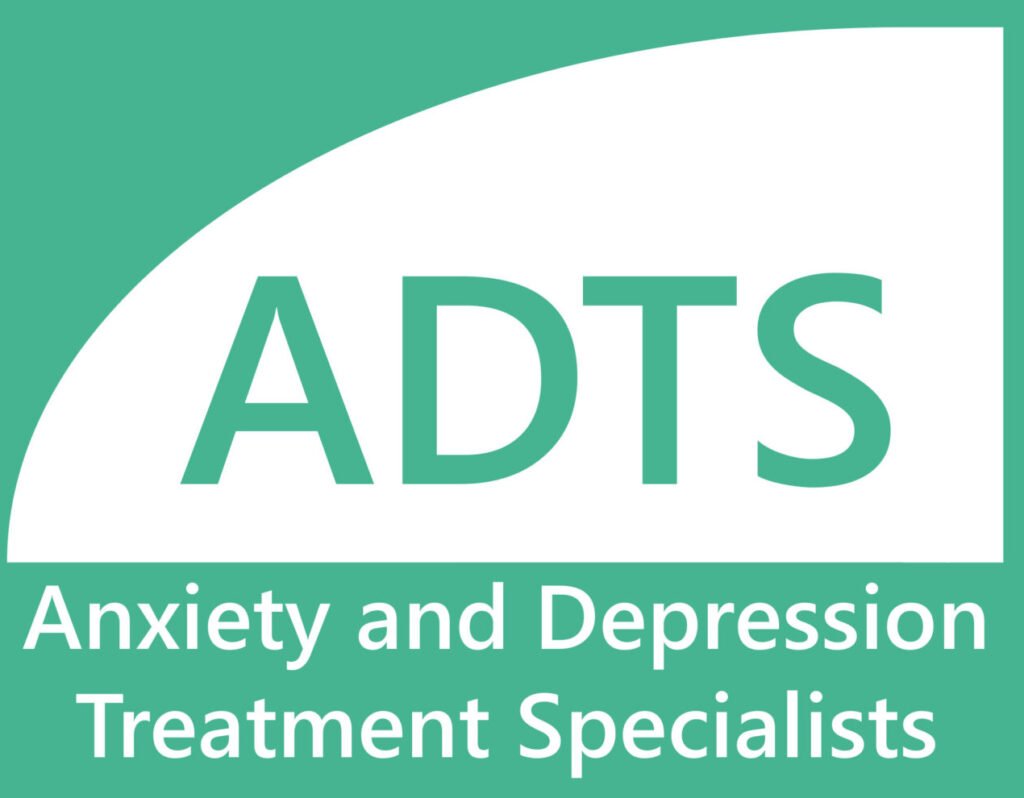The entrepreneurial journey, while exhilarating, is often fraught with immense pressure and inherent uncertainty. From the initial spark of an idea to securing funding and scaling operations, entrepreneurs frequently navigate a landscape ripe for anxiety. This isn’t just about stress; it’s about persistent worry, fear, and even panic attacks that can significantly impede progress and well-being. Understanding these common entrepreneurial anxieties and developing effective coping mechanisms is crucial for long-term success.
The Entrepreneur’s Anxious Mind: Common Triggers
One of the most prominent anxieties entrepreneurs face is public speaking, particularly during high-stakes pitch events. The fear of judgment, forgetting crucial information, or failing to impress can trigger significant anxiety. Beyond the spotlight, the pervasive uncertainty of the entrepreneurial ecosystem is a recurring source of worry (Magnani & Zucchella, 2018; McMullen & Shepherd, 2006; Thompson et al., 2020). This constant state of flux can lead to chronic anxiety, affecting sleep, concentration, and overall health. Furthermore, entrepreneurs are often plagued by intense self-criticism. The drive for perfection and the personal investment in their ventures can lead to an inner dialogue that magnifies perceived shortcomings and errors (Stoeber et al., 2008). This can manifest as imposter syndrome, where success feels undeserved, or as a paralyzing fear of not being good enough. Underlying many of these anxieties is the profound fear of failure. For entrepreneurs, failure often extends beyond financial loss; it can feel like a personal indictment, threatening their identity and future prospects. This fear can lead to procrastination, risk or loss aversion, and burnout. Ironically, many prominent, successful founders say that perseverance is a critical trait for founders to possess, as repeated failure is inherent to the entrepreneur’s journey. As Sam Altman (CEO of OpenAI) stated, “Anyone who succeeds fails a lot…”. (Sam Altman [@sama], 2022)
Strategies for Cultivating Calm and Confidence
Recognizing these triggers is the first step toward managing entrepreneurial anxiety. One highly effective approach is seeking support from an anxiety therapist in Los Angeles. These professionals specialize in evidence-based techniques that can equip entrepreneurs with the tools to navigate their unique challenges.
Among the most robust therapeutic interventions is cognitive behavioral therapy (CBT). CBT helps individuals identify and challenge distorted thought patterns that fuel anxiety, such as catastrophizing or all-or-nothing thinking (Beck, 2020). For instance, an entrepreneur preparing for a pitch might learn to reframe, “If I mess this pitch up, I’ll never get funding” into “It would be great to get this investor to commit capital, but if this doesn’t work out, there are other investors out there.” This systematic approach, readily available through cognitive behavioral therapy in California and Connecticut, can significantly reduce the intensity and frequency of anxious episodes. CBT would likely also entail exposure therapy, which can help people reduce anxiety through learning (Craske et al., 2014, 2022). Specifically, in exposure therapy, individuals face their fears (e.g., giving presentations; pitching to investors) to learn whether their feared outcome (e.g., rejection) occurs like their anxiety says it will. The majority of the time, worries and feared outcomes don’t occur as often or as severely as expected (LaFreniere & Newman, 2020), so anxiety often subsides. Individuals also often learn to cope with anxiety and difficulties through exposure therapy (Bandura, 1991; Kampmann et al., 2019).
This is relevant for panic attacks, too. Panic attacks can occur as part of a stand-alone disorder (i.e., panic disorder) or can be part of other anxiety disorders (e.g., social anxiety disorder, generalized anxiety disorder) (American Psychiatric Association, 2022). Entrepreneurs who have panic attacks may fear that a panic attack will occur at a critical moment (e.g., during a pitch). Cognitive-behavioral therapy in California and Connecticut – especially exposure therapy for anxiety in Los Angeles – can reduce anxiety, which can reduce the frequency and intensity of panic attacks. Exposure therapy for anxiety in Los Angeles can also help people learn that feared outcomes (e.g., losing control of one’s body or mind, heart attack, stroke, fainting) related to panic attacks or panic-like symptoms (e.g., racing heart, light-headedness, tingling, dizziness) are very unlikely to occur, which can reduce anxiety about having subsequent panic attacks.
Ultimately, managing entrepreneurial anxiety isn’t about eliminating anxiety entirely – a certain (moderate) level is inevitable and potentially even motivating, as long as it’s reasonable given the situation and doesn’t detract from performance. Instead, it’s about developing resilience and effective coping mechanisms and learning what is the appropriate level of anxiety given a situation. By proactively addressing anxieties with the help of an anxiety therapist in Los Angeles and implementing proven strategies like cognitive behavioral therapy in California and Connecticut, entrepreneurs can transform potential panic attacks into productive growth, leading their ventures with greater clarity, confidence, and peace of mind.
References:
- American Psychiatric Association. (2022). Diagnostic and statistical manual of mental disorders (5th ed., text rev.). https://doi.org/10.1176/appi.books.9780890425787
- Bandura, A. (1991). Self-Efficacy Conception of Anxiety. In Anxiety and Self-Focused Attention. Routledge.
- Beck, J. S. (2020). Cognitive Behavior Therapy: Basics and Beyond. Guilford Publications.
- Craske, M. G., Treanor, M., Conway, C. C., Zbozinek, T., & Vervliet, B. (2014). Maximizing exposure therapy: An inhibitory learning approach. Behaviour Research and Therapy, 58, 10–23. https://doi.org/10.1016/j.brat.2014.04.006
- Craske, M. G., Treanor, M., Zbozinek, T. D., & Vervliet, B. (2022). Optimizing exposure therapy with an inhibitory retrieval approach and the OptEx Nexus. Behaviour Research and Therapy, 152, 104069. https://doi.org/10.1016/j.brat.2022.104069
- Kampmann, I. L., Emmelkamp, P. M. G., & Morina, N. (2019). Cognitive predictors of treatment outcome for exposure therapy: Do changes in self-efficacy, self-focused attention, and estimated social costs predict symptom improvement in social anxiety disorder? BMC Psychiatry, 19(1), 80. https://doi.org/10.1186/s12888-019-2054-2
- LaFreniere, L. S., & Newman, M. G. (2020). Exposing Worry’s Deceit: Percentage of Untrue Worries in Generalized Anxiety Disorder Treatment. Behavior Therapy, 51(3), 413–423. https://doi.org/10.1016/j.beth.2019.07.003
- Magnani, G., & Zucchella, A. (2018). Uncertainty in Entrepreneurship and Management Studies: A Systematic Literature Review. International Journal of Business and Management, 13(3), 1–98.
- McMullen, J. S., & Shepherd, D. A. (2006). Entrepreneurial action and the role of uncertainty in the theory of the entrepreneur. The Academy of Management Review, 31(1), 132–152. https://doi.org/10.2307/20159189
- Sam Altman [@sama]. (2022, November 13). Anyone who succeeds fails a lot, and learns to dust themselves off faster each time it’s the people who fail and just stop trying that…fail [Tweet]. Twitter. https://x.com/sama/status/1591939719889395713
- Stoeber, J., Hutchfield, J., & Wood, K. V. (2008). Perfectionism, self-efficacy, and aspiration level: Differential effects of perfectionistic striving and self-criticism after success and failure. Personality and Individual Differences, 45(4), 323–327. https://doi.org/10.1016/j.paid.2008.04.021
- Thompson, N. A., van Gelderen, M., & Keppler, L. (2020). No Need to Worry? Anxiety and Coping in the Entrepreneurship Process. Frontiers in Psychology, 11. https://doi.org/10.3389/fpsyg.2020.00398







